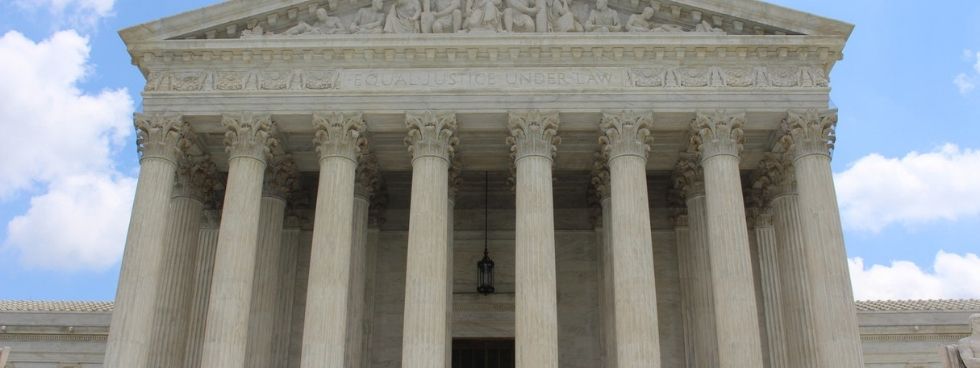
We sat down with Professor and Vice-Dean Carissima Mathen, Faculty of Law, to get some context on abortion rights in the States, the correlation with the Canadian legal system, and how politics impacts these rights.
Q. Over the past few days numerous American states have passed the strictest anti-abortion law seen in decades. Why are the states doing this?
A. States that have strong anti-abortion legislators and constituencies believe that now is the time to force a national dialogue about abortion. These states expect the laws to be overturned in the lower federal courts, but they want the United States Supreme Court to agree to hear one or more of the appeals. Given recent changes on the United States Supreme Court that have produced 5 conservative judges, the hope is that the Court will take the opportunity to overturn the 1973 decision in Roe v. Wade.
Q. Does the United States Supreme Court really have the power to overturn Roe v. Wade? Isn’t Roe a precedent and therefore binding?
A. Like the Supreme Court of Canada, the United States Supreme Court is not bound by its past decisions. It does generally take great care to preserve them and outright rejection of past precedent is rare. That said, if a majority of judges so decide, they could indeed overturn Roe v Wade.
Q. Isn’t precedent connected to the doctrine of stare decisis and, thus, the common law system?
A. Precedent is indeed connected to stare decisis (literally, “let the decision stand”). But, like much else in the common law, it is not an absolute rule. The common law also permits courts to modify prior law in “incremental ways”. Arguably, a majority of the US Supreme Court already did that to Roe v Wade in a subsequent case called Planned Parenthood v. Casey. There, it said that states are allowed to “discourage” women from getting abortions even in the first trimester, as long as their laws don’t impose an “undue burden”.
Q. Is it possible to make abortion access so difficult that one can essentially make it illegal without actually overturning Roe v. Wade?
A. Yes. Indeed, prior to this frontal attack, that is what a number of states were doing, for example by prescribing waiting periods, or restricting the kinds of facilities authorized to perform abortions. While some of these restrictions have been struck down, others have been upheld.
Q. The Washington Post claims that President Trump paved the way for Alabama’s abortion law. How closely tied are politics and the law in the US? What about here in Canada?
A. President Trump has strong support among evangelical Christians. His appointment of federal judges has been along very conservative lines, including the two judges, Gorsuch and Kavanaugh, appointed to the US Supreme Court. There is a strong correlation between law and politics in the U.S. It is particularly noticeable in judicial appointments, with clear divides between “conservative” and “liberal” judges. Law and politics are connected in Canada, too, but our judges generally do not operate along the same clearly ideological lines.
Q. Abortion has been decriminalized in Canada since 1988. Could the events in the U.S. be repeated here?
A. There are a few important differences between Canada and the US that make it unlikely – though not impossible – that we would see the same developments. First, the criminal law is within the exclusive power of the federal Parliament while in the US it is a state matter. So there is only one Canadian body with the ability to criminalize abortion in Canada, as opposed to fifty US states. For the past thirty years, Parliament has been unwilling to revisit the issue. Second, the constitutional guarantees used to strike down Canada’s abortion law are different than those used in the U.S. If anything, case law since 1988 makes it more, not less, likely that women’s reproductive choices must be protected against criminal punishment. That said, health care access is within the control of the provinces, and access to abortion remains a persistent problem.
Members of the media may directly contact the following expert(s) / Vous pouvez communiquer directement avec les experts suivants:
Carissima Mathen
613-562-5800 ext. 3282
[email protected]
For additional information: [email protected]
